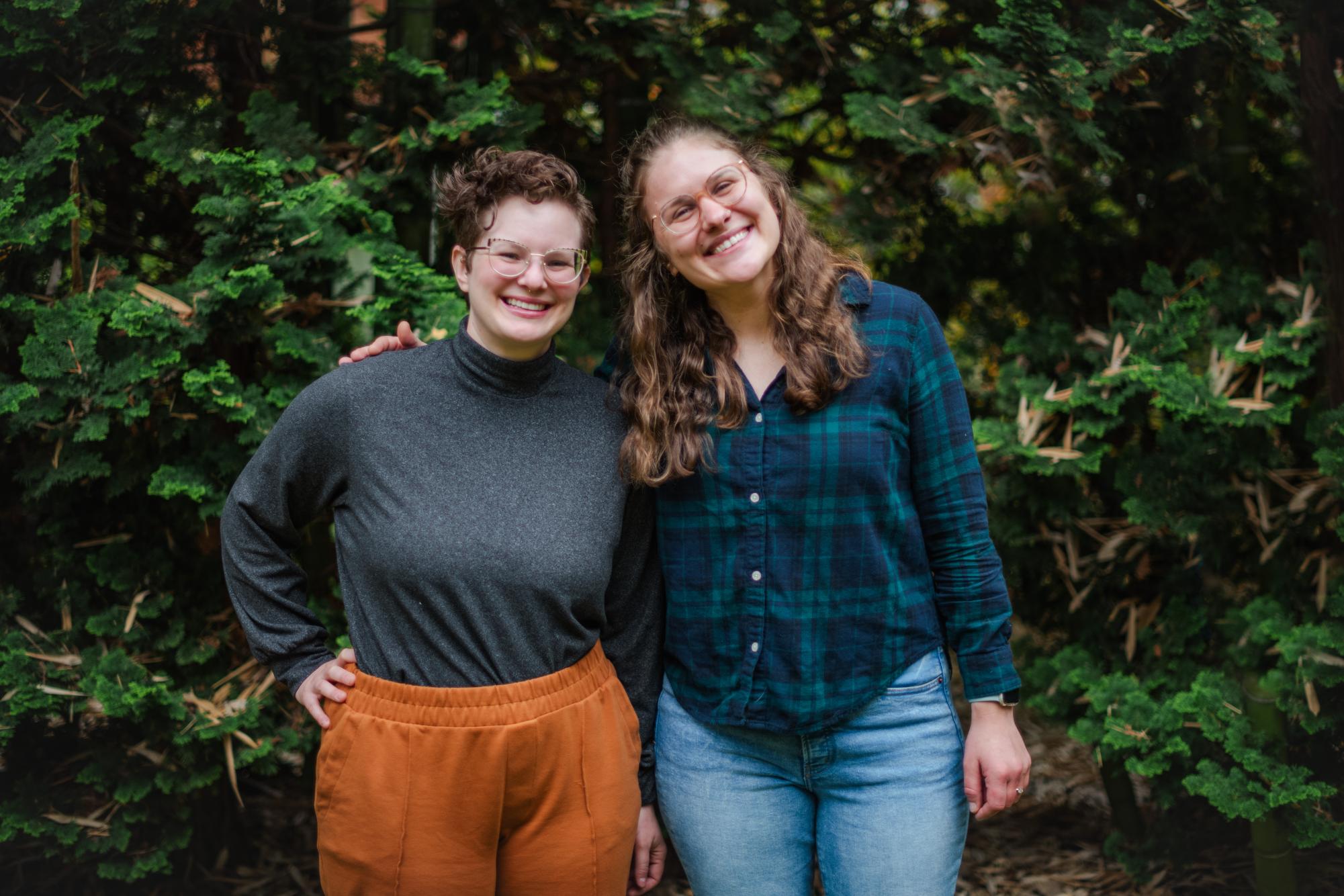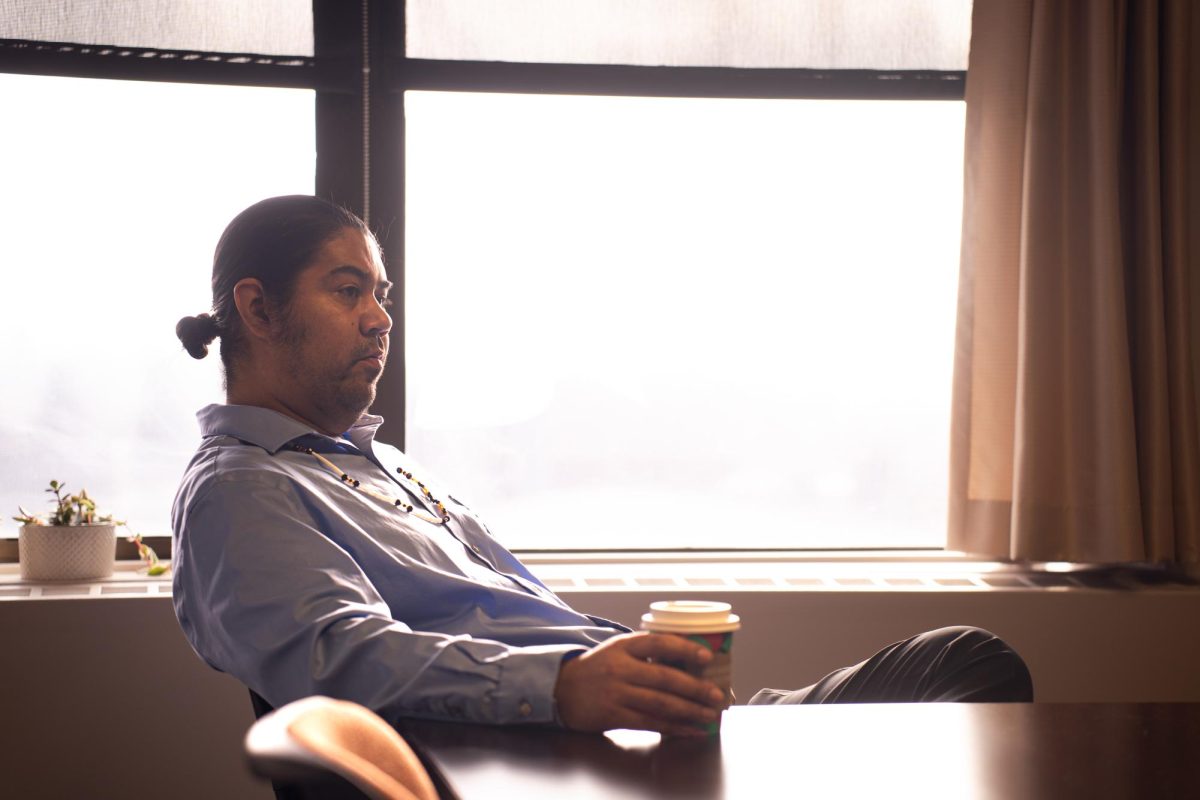Very little research has been done to understand the effects of hormone therapy and sleep in non-binary and transgender youth, until now when Oregon State University researchers take on the topic.
Oregon State University’s Sleep Health Assessment, Intervention and Dissemination Lab is working to fill some of these gaps in sleep research among marginalized communities since its start in 2021.
Jessee Dietch, SHAID lab director and assistant professor in the OSU School of Psychological Science, has been thinking about measuring sleep in the trans and non-binary population for years, finally giving way to the study taking place in the lab now.
“There’s starting to be some research about mental health, but leaving sleep out of the equation, which happens all the time in the literature,” Dietch said. “Sleep is just such a pivotal health behavior that can impact someone’s well being.”
Dietch explains that additive hormone’s impact on sleep is already something not well understood. Add adolescence in a marginalized population into the mix, and things get even more multidimensional.
“It kind of gives us this chance to look at a bunch of different things at once,” Dietch said. “Then the ultimate idea would be if we can make some conclusions about this, then we can understand where we could intervene.”
According to Jor Grapentine, a psychology doctoral student involved in the lab, the positive effects of those undergoing hormone therapy for the first time often overshadows any differences in health such as sleep.
“(The study) was constructed so well and in a way that really supports youth,” Grapentine said. “Now it’s exciting because we’re getting out and we’re talking to youth and we’re doing more to get more participants in and just talk about their experiences because we know a little bit about hormones but, when we think about hormones and maybe athletes taking … steroids, other types of drugs, we know that hormones can impact sleep.”
The study, sponsored by Fitbit and the Google Foundation through a health equity research initiative, is one of the first of its kind because of the partnership and multidimensional measurements taking palace.
According to Dietch, youth between 14 and 19 years old who have not yet started hormone therapy are given a Fitbit to quantitatively track their sleep, with check-in interviews taking place periodically throughout the year-long study period.
“We just want to catch people before they actually start hormones so we can get a baseline and see where they’re at before that,” Dietch said.
Grapentine explained research in this specific community has become even more significant in recent years, as there is nationwide uncertainty around access to hormone therapy, especially for youth.
“I think that it is a really good point of the study, even though it’s not necessarily the best time to be a trans youth right now, there’s that persistence and there’s that commitment to self and gender and authenticity that I think this study can really capture,” Grapentine said.
The study is still actively recruiting with the hopes of reaching 100 participants.
According to Grapentine, beyond the trans and non-binary community, sleep is something that deserves more consideration in everyone’s life and should have more energy put towards it.
“Sleep is a 24 hour process,” Dietch said. “It’s not just something that you do for the couple hours that you’re sleeping … the things that you do when you’re awake impact your sleep and vice versa. So it really is part of you as a whole human being.”












































































































